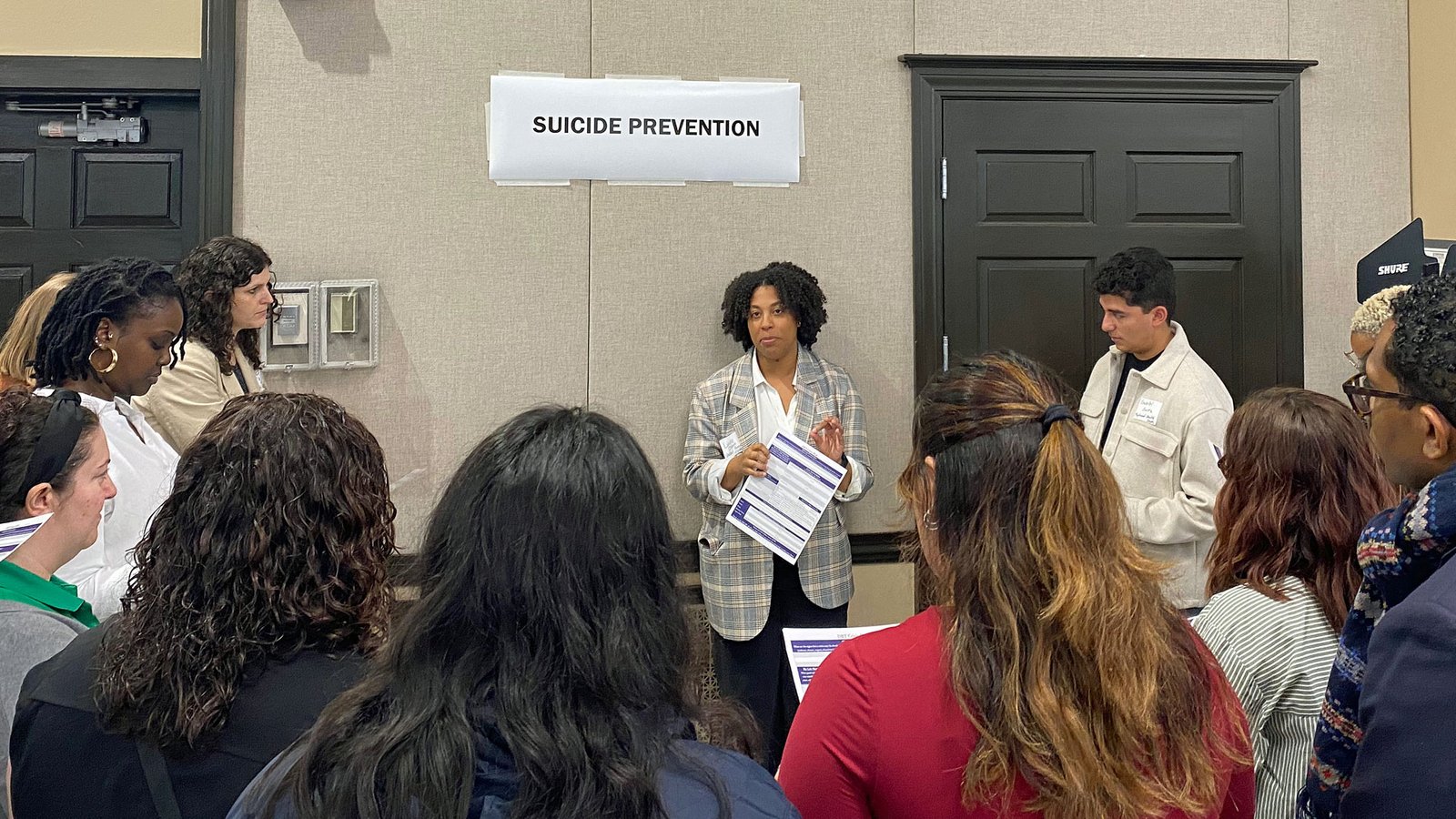Recent findings from a survey conducted by The Harris Poll in collaboration with the American Psychological Association (APA) indicate that while a majority of adults in the United States feel comfortable discussing their mental health, younger adults face unique challenges in seeking help.
According to the survey, 51% of U.S. adults report feeling positive about their mental health, and 83% are comfortable discussing it. Healthcare professionals are particularly trusted, with 84% of adults open to speaking with doctors or therapists about their mental health. Friends and family also serve as critical support networks, with 81% of adults willing to share their feelings with these close contacts.
However, the survey highlights a worrying trend among younger adults, particularly those aged 18 to 34. This group is not only more likely to feel negatively about their mental health but also less likely to engage in conversations about it. Approximately 23% of younger adults expressed discomfort discussing their mental health, compared to 14% of older age groups. Furthermore, over half (52%) of younger adults admitted to withholding information about their mental health from friends or healthcare providers, a rate significantly higher than other age brackets.
When it comes to family discussions, younger adults are less likely to feel comfortable than their older counterparts. Only 71% of those aged 18 to 34 felt at ease broaching the topic with family, compared to 79% of individuals aged 35 to 54 and 89% of those aged 55 and older. Similarly, 76% of younger adults reported comfort in talking with healthcare providers, a stark contrast to 86% of those aged 35 to 54 and 89% of older adults.
The survey also revealed that many adults, regardless of age, struggle to ask for help. About 41% of respondents often feel uncomfortable seeking assistance. This discomfort is particularly pronounced regarding mental health accommodations; 29% of adults reported hesitance to request adjustments in professional or educational settings due to mental health issues, compared to 21% for physical health.
Despite these barriers, younger adults are exploring alternative avenues for discussing mental health. Nearly 52% of those aged 18 to 34 are comfortable using artificial intelligence chatbots for mental health discussions, compared to 26% of older adults. Additionally, 30% of young adults prefer to discuss mental health anonymously rather than with someone they know, suggesting a desire for privacy and distance in sensitive conversations.
The survey indicates a growing trend towards seeking professional mental health care. Only 34% of adults stated they have never sought mental health services and do not wish to, while 45% have accessed care in the past and 17% plan to seek help in the future. Among those who have pursued professional care, 70% expressed interest in therapy options. However, only 43% of younger adults seeking care reported successfully receiving it, which may be attributed to difficulties in finding suitable providers or those accepting new clients.
Access and affordability remain significant barriers. Nearly 10% of adults reported seeking, but not receiving, mental health care. One-quarter of adults faced challenges finding providers within their insurance networks, including 30% of younger adults. Concerns about the cost of treatment were echoed by 29% of respondents, with younger adults aged 18 to 54 more likely to report issues with insurance claims or coverage changes than older adults.
These findings underscore the need for increased support for younger adults navigating mental health discussions and care. As open conversations about mental health continue to grow, addressing the specific challenges faced by younger generations is vital for fostering a supportive environment.



